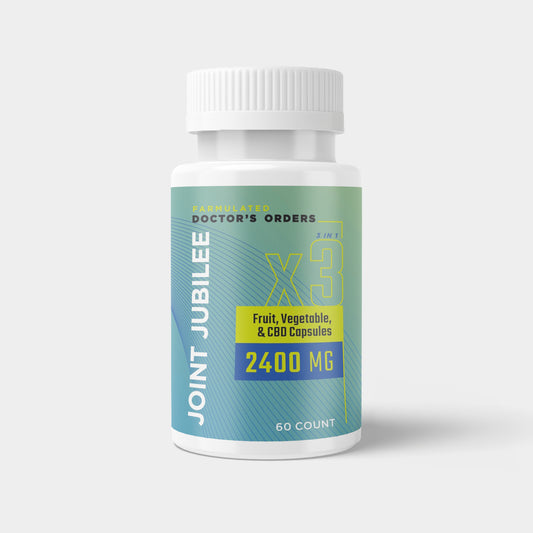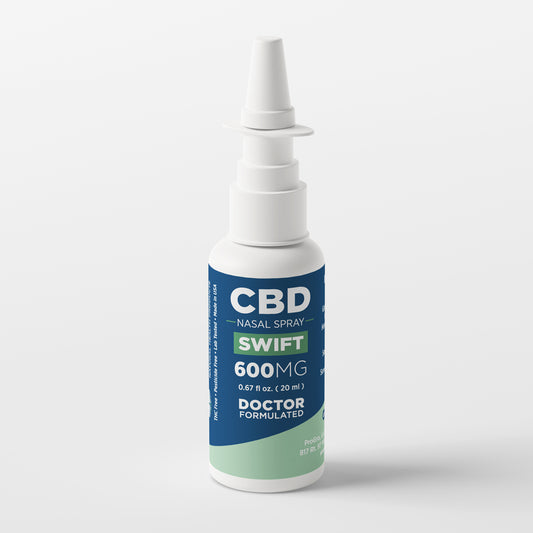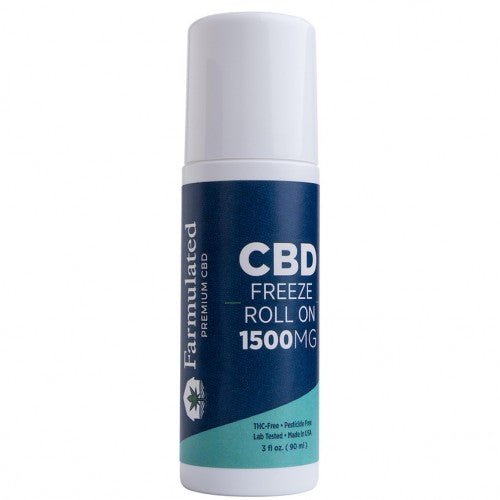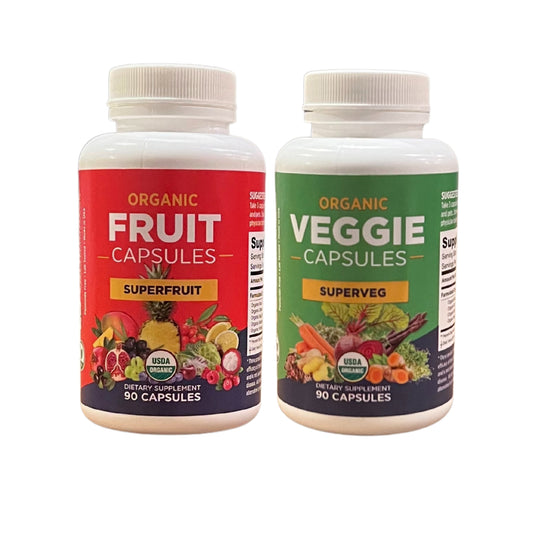The use of CBD, particularly in the form of topicals like creams and lotions, has sparked significant interest for its potential benefits in managing pain and skin conditions. Understanding how CBD interacts with the skin and its effectiveness in providing relief from various ailments is crucial for consumers and health enthusiasts alike. This blog post delves into the science behind the absorption of CBD through the skin and its implications for pain relief and skin health.
CBD Topicals: A Gateway to Relief
The Science Behind Topical CBD
CBD topicals, including lotions and creams, are designed to be applied directly to the skin. These products typically contain CBD isolate or full-spectrum CBD, each with unique properties. Full-spectrum CBD includes a range of cannabinoids and terpenes, potentially enhancing the therapeutic effects due to the entourage effect. On the other hand, CBD isolate is the pure form of cannabidiol, without other cannabinoids or any traces of THC.
How CBD Interacts with Skin Cells
When applied to the skin, CBD interacts with cannabinoid receptors present in human skin cells. These receptors are part of the endocannabinoid system, which plays an important role in regulating inflammation, pain, and other skin functions. By engaging with these receptors, CBD topicals can potentially exert anti-inflammatory and pain-relieving effects, offering the user targeted relief.
Potential Benefits of CBD for Skin and Muscle Pain
Relief from Inflammatory Skin Diseases
CBD's anti-inflammatory properties make it an attractive option for inflammatory skin diseases. Conditions like eczema and psoriasis, characterized by inflammation and discomfort, may benefit from the application of CBD topicals.
Effectiveness in Muscle Pain
For those suffering from muscle pain, CBD lotions and creams can offer localized relief. The ability of CBD to reduce inflammation and interact with pain receptors in the skin might provide respite from muscle-related discomfort. CBD roll-ons are quite popular for those wanting to treat muscle aches right at the source.
The Role of Additional Ingredients
Synergy with Other Active Ingredients
Many CBD topicals include other active ingredients like tea tree oil, known for its anti-inflammatory and antimicrobial properties. The combination of CBD with these ingredients may enhance the overall effectiveness of the product. Menthol is sometimes used as a refreshing, cooling sensation for muscle soreness.
Understanding the Limitations
Minor Skin Irritation and Individual Responses
While CBD is generally well-tolerated, some individuals might experience minor skin irritation. Additionally, the effectiveness of topical CBD can vary from person to person, depending on individual skin types and the severity of the condition being treated.
FAQs: CBD Absorption Through the Skin
Can CBD topicals get into the bloodstream?
No, CBD topicals are not typically designed to enter the bloodstream. They are formulated to penetrate the upper layers of the skin to interact with cannabinoid receptors locally, rather than having systemic effects.
How long does it take for CBD to work when applied to the skin?
The time it takes for CBD to work when applied topically can vary. Generally, users may start to feel the effects within minutes to an hour. Consistent use over days or weeks may be necessary to see significant benefits.
Are there any side effects of using CBD topically?
CBD is generally well-tolerated when used topically. However, some users might experience allergic reactions or skin irritation, especially if they are sensitive to any of the ingredients in the product. If you have sensitive skin, you may want to consult with your doctor or dermatologist for further information regarding its use.
Can CBD creams help with arthritis pain?
There is growing interest in the potential of CBD creams to alleviate arthritis pain. CBD's anti-inflammatory properties might provide relief from joint pain and swelling associated with arthritis, but more research is needed to confirm these effects.
How often can I apply CBD topicals?
CBD topicals can be applied as needed. However, it's important to follow the product's instructions or a healthcare professional’s advice. Overuse is unlikely, but it's always best to use as directed.
Can I use CBD topicals while taking other medications?
While CBD topicals like CBD lotion are unlikely to interact with oral medications, it’s important to consult with a healthcare provider, especially if you are on medication for skin conditions or pain.
Is there a difference in effectiveness between CBD creams and oils?
The effectiveness can vary between CBD creams and CBD oil based on the formulation, concentration of CBD, and other ingredients. Creams are typically better for localized application, while oils may be suited for broader use or for incorporation into massage.
Closing Thoughts
CBD's ability to be absorbed through the skin offers a promising avenue for those seeking relief from pain and skin conditions. While research continues to evolve, the current understanding points to the potential of topical CBD products as a beneficial addition to skin and pain management regimens. However, it's important to approach CBD use with an understanding of its limitations and in consultation with healthcare professionals.





